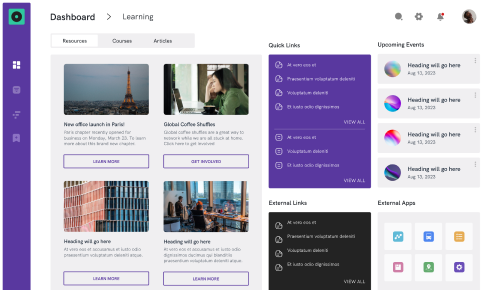Balancing the Ecosystem of Software Testing for ISVs
 By Sobha Rani
By Sobha Rani
 18th May, 2022
18th May, 2022
ISV Product Quality
ISV Quality Control
ISV Software Testing
Software Testing Strategies
In recent times, there has been a great evolution in the field of software testing. New technologies have brought in the latest updates in the software development lifecycle.
Independent Software Vendors (ISVs) of all sizes have been adapting to the continuous changes and demands of the customers. There is always competition in delivering a superior product to stay relevant to the market.
Software testing is an important phase of the development lifecycle. End-to-end testing is the key driver that helps organizations build customer loyalty, and brand visibility, and boost profits.
Top challenges faced by ISVs in software testing
- Flexibility in keeping up with the business’s changing requirements.
- Rush to release products to market to keep up with the competition.
- Poor product quality due to an unsupported testing process.
- ISVs especially start-ups need to redefine their product strategy.
- Finding ways to recruit and retain talent.
Adoption of a continuous software testing process in line with the competitive demands helps deliver high-quality applications and products.
Benefits of software testing
- Improved time to market: by testing software during the early phase of the development lifecycle, the quality of the development improves.
- Improved quality through more automated tests: The quality of the application software is improved by performing continuous tests and verifying each component during the development phase.
- Continuous testing: due to continuous testing during every phase of the software development life cycle (SDLC), the risks are lowered as they are recognized and addressed earlier in the process ensuring the quality of work.
Major trends in software testing, a few are discussed below:
User Acceptance Testing (UAT) – UAT is an important test that is performed in the final phase, to test whether the software is functioning as per the requirements.
Regression Testing – this is an effective test that must be implemented especially when there is a continuous change in the customer requirements that are dictated to ISVs.
Automation Testing –test automation helps speed up the testing process and ensures faster time to market.
Performance Testing –high-performing digital mobile and web apps, that experience varying loads, are bound to deliver a great customer experience.
Selenium Testing – this is the common test automation tool used for faster releases that author functional tests without the necessity for the tester to have the knowledge of the test scripting language. This tool majorly helps in optimizing the testing costs, generating quicker ROI.
Would you like to know more about our experience in software testing? Contact us and we will get back to you quickly.




















